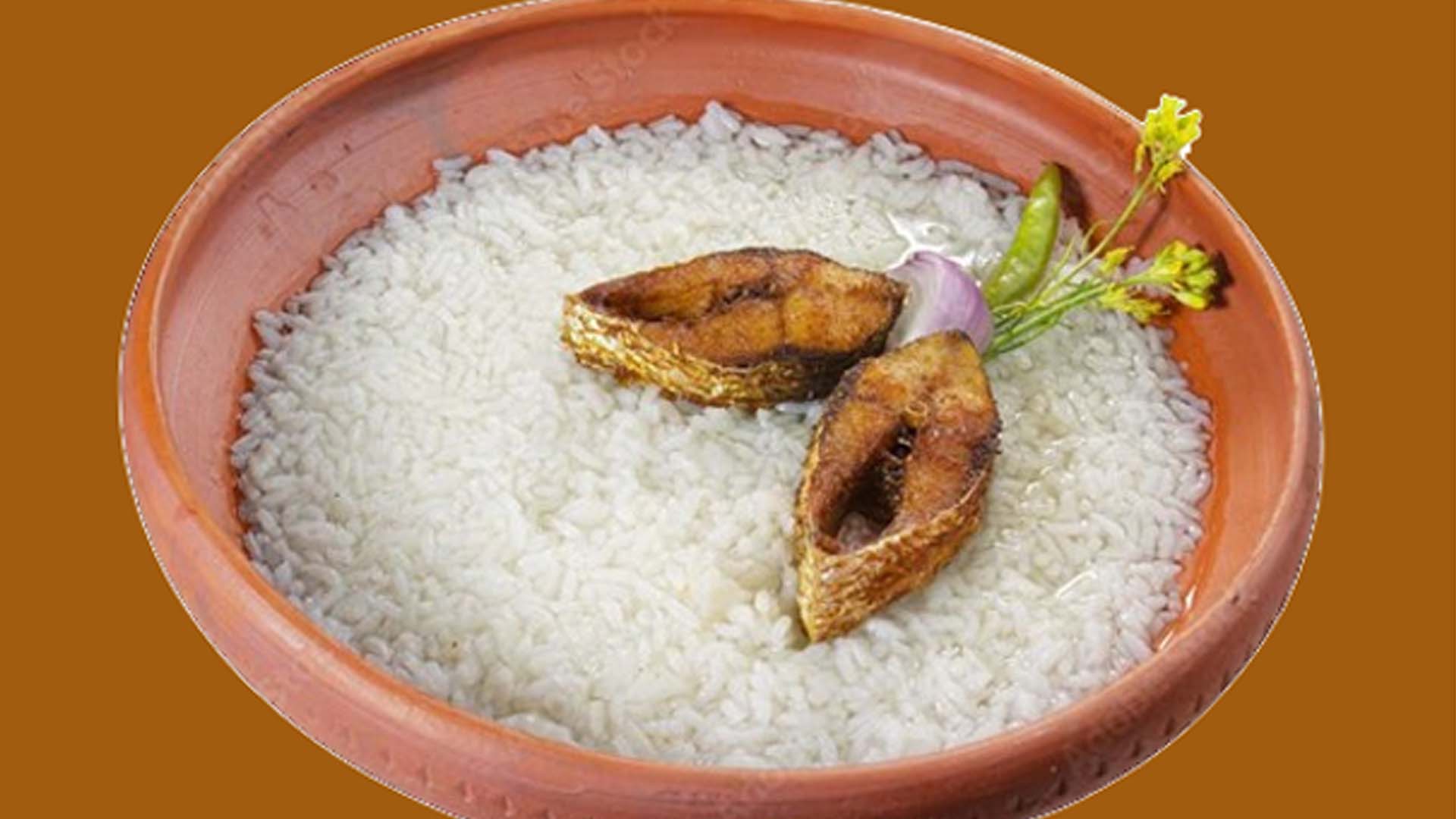

 Revealing the Health Benefits of Panta Rice An Age-Old
Revealing the Health Benefits of Panta Rice An Age-Old
For generations, the tradition of indulging in “Pantabhat” has persisted in our culture. Particularly prominent in rural households, Pantabhat, or fermented rice, has been cherished as a staple morning meal. While urban areas may not embrace it as fervently, its significance during the scorching summers cannot be overlooked. But the question lingers: does this beloved dish offer more benefits or harm?
In its essence, Pantabhat is a simple preservation method for rice. Leftover rice from the previous night is soaked in water overnight, preventing spoilage. Some opt to store it in earthen pots with water at room temperature, transforming it into the refreshing morning delight, Panta.
A common accompaniment to Pantabhat includes onion, pepper, and salt. Whether as a breakfast option or a coolant during the relentless summer heat, many include Pantabhat in their diet. However, opinions on its health effects vary widely.
To shed light on this debate, we spoke with nutritionist Samia Tasnim. According to Tasnim, Pantabhat boasts a rich array of beneficial ingredients such as phenolic compounds, linoleic acid, anthocyanin, flavonoids, phytosterols, vitamin E, and vitamin B12. Moreover, it harbors beneficial probiotics like lactobacillus and lactic acid bacteria, aiding in digestion, strengthening the gastrointestinal tract, and bolstering the immune system.
Nutritional Value
Research indicates that the fermentation process significantly enhances the availability of micronutrients in rice. Pantabhat becomes a potent source of B complex vitamins, vitamin K, calcium, iron, magnesium, potassium, and selenium. Notably, it offers a rare dietary source of vitamin B6 and vitamin B12.
Gut-Friendly
Pantabhat emerges as a gut-friendly food, teeming with probiotics capable of preventing and alleviating gastrointestinal issues such as ulcers, colitis, Crohn’s disease, and irritable bowel syndrome. Its consumption aids in combating constipation and indigestion.
Rich in Electrolytes
Beyond its nutritional profile, Pantabhat provides instant energy and replenishes electrolytes, guarding against dehydration, fatigue, and weakness. This makes it an excellent hydration option, particularly for breastfeeding mothers. Its potassium, sodium, chloride, and selenium content also contribute to reducing hypertension and averting metabolic disorders.
Cautionary Notes
However, caution must be exercised. Over-fermentation, lasting beyond 12 hours, can lead to the formation of alcohol content, inducing fatigue and drowsiness post-consumption. Furthermore, improper vessel cleanliness and impure water pose risks of harmful bacterial growth, potentially resulting in illness.
In conclusion, while Pantabhat stands as a nutritional powerhouse, offering a plethora of health benefits, moderation and hygiene are paramount. Embracing this traditional delicacy in a balanced manner can unlock its potential as a summer savior, revitalizing both body and spirit.